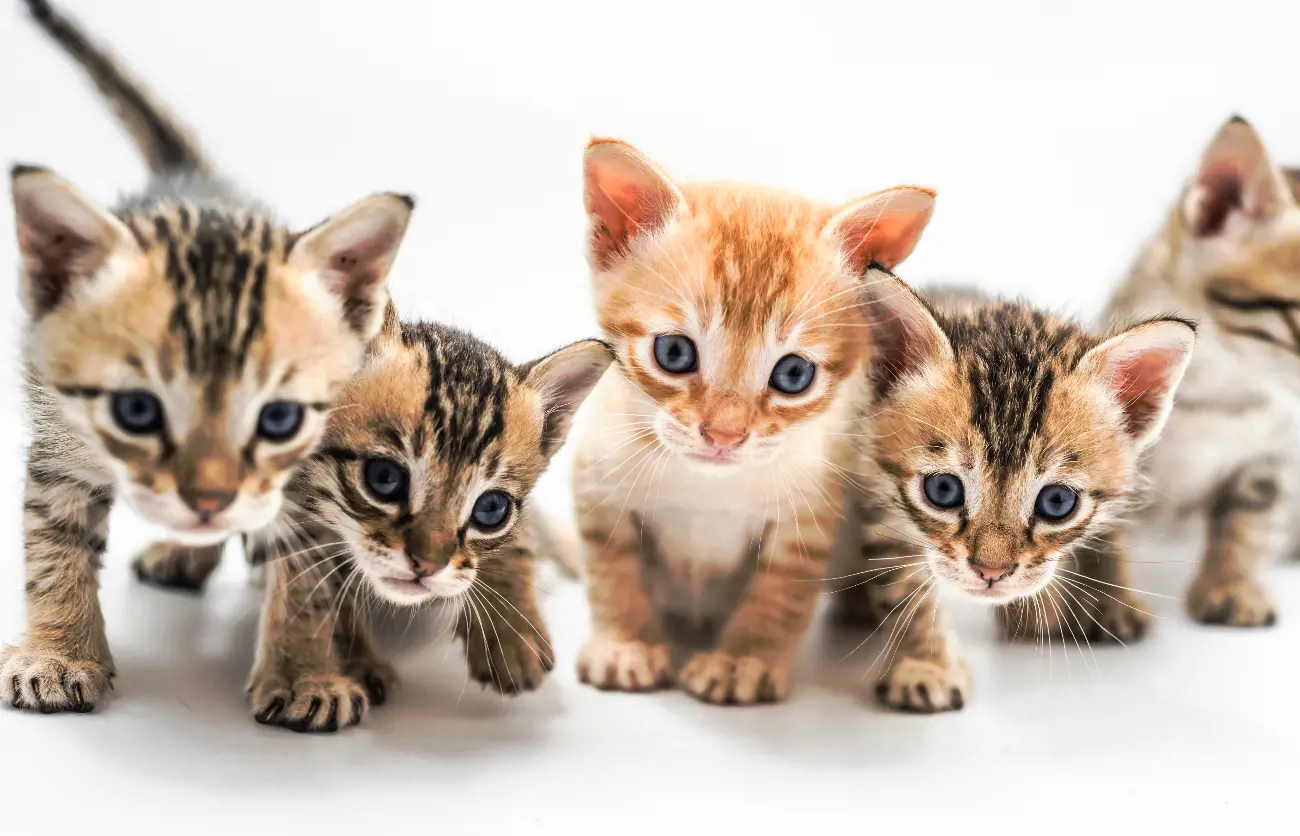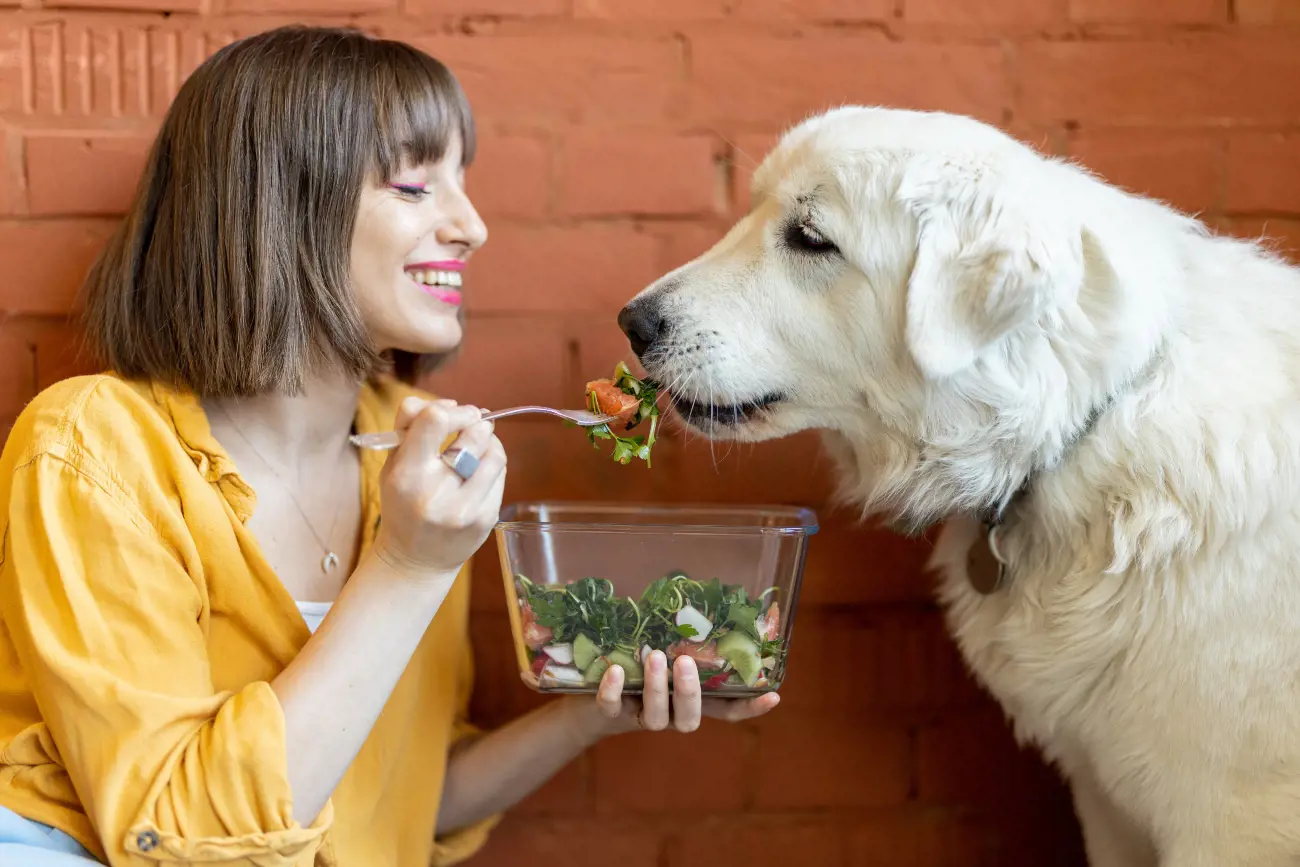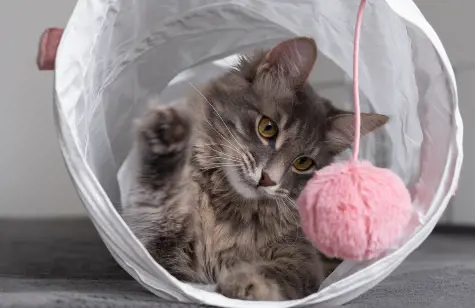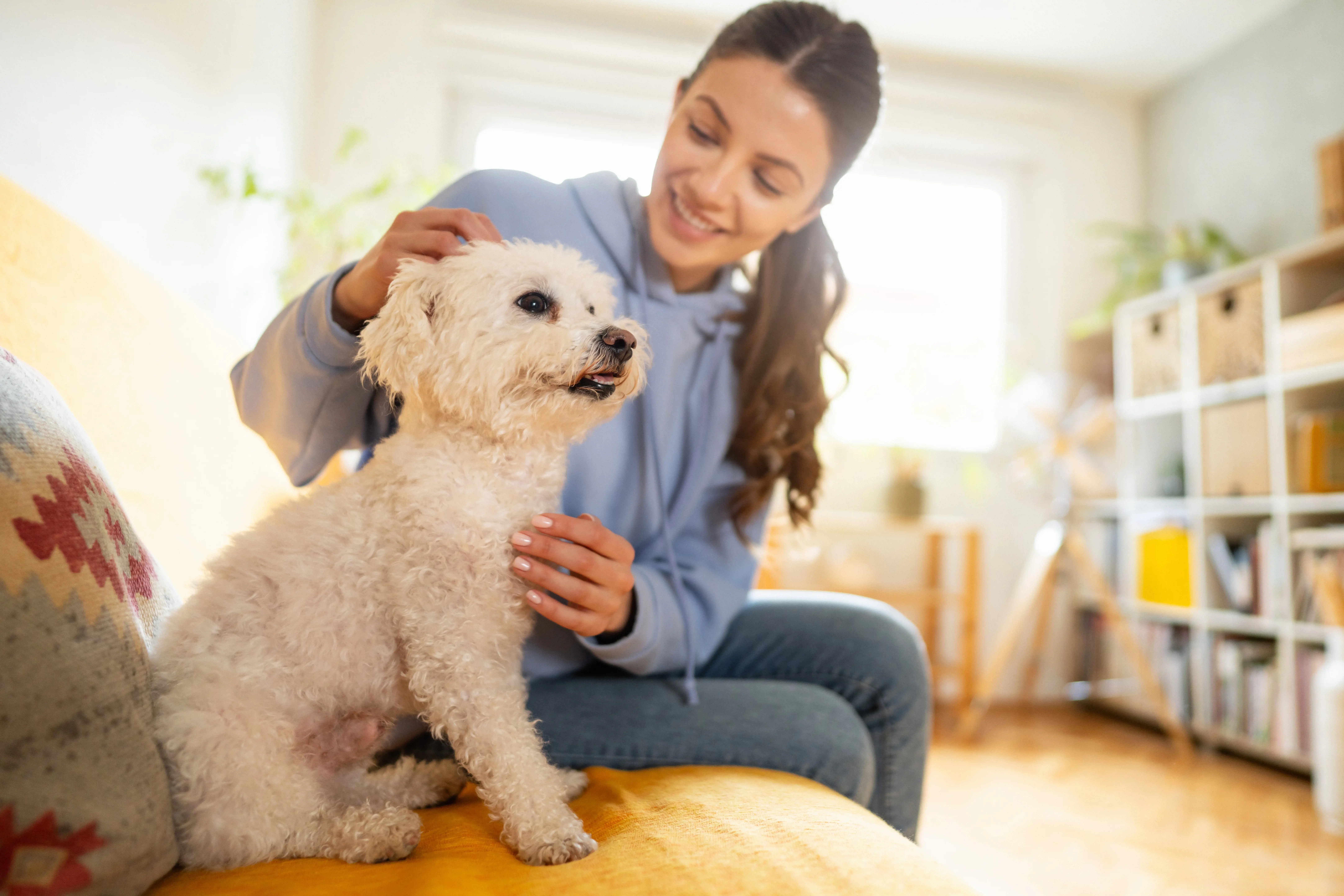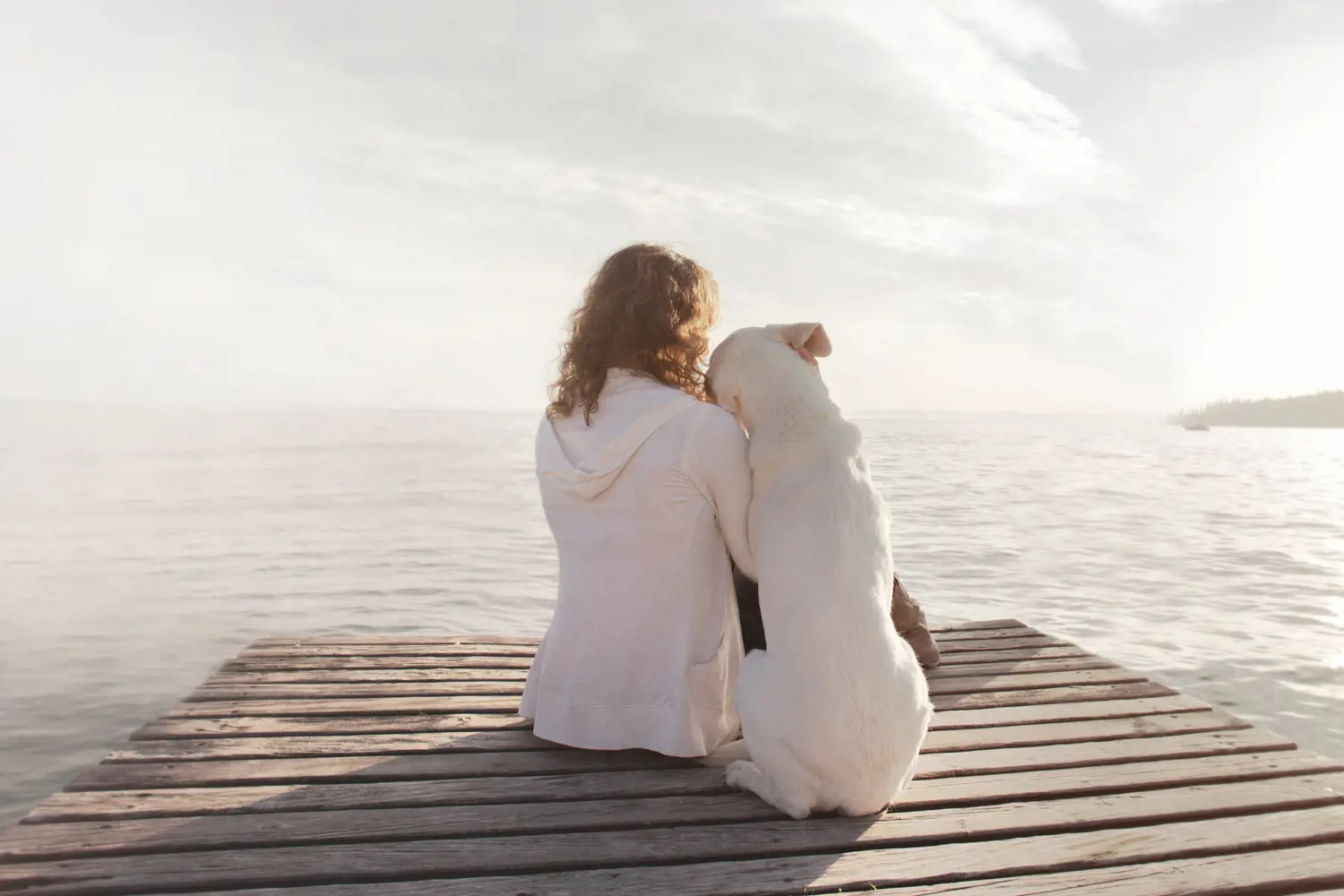Understanding the art of licking: How mother dogs teach their pups
13th May, 2024
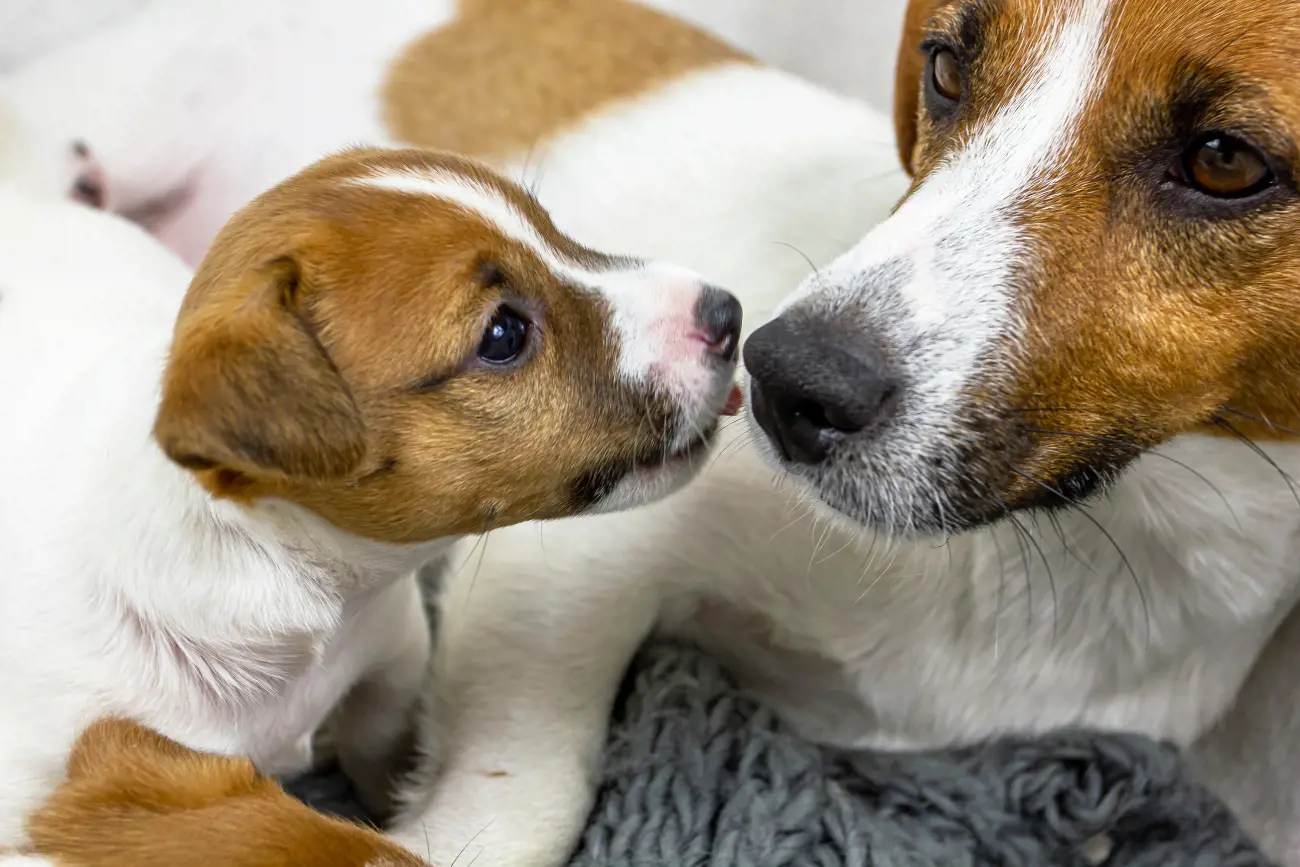
Dogs share a fascinating language with their offspring that we, as humans, often overlook. One such unique aspect of this language is the act of licking.
When puppies start imitating their mother's behaviour as they grow older, one of the things they learn is self-grooming through licking. Mother dogs often lick specific parts of their puppies' bodies to clean them and eventually, the puppies pick up on this behaviour and start licking themselves. This transition from being groomed by their mother to self-grooming is a natural progression in a puppy's development.
This article will delve into the nuances of how mother dogs teach their pups the art of licking and why it is vital for puppies' growth and survival.
Introduction: The bond of motherhood
Bringing a new, snuggly puppy into your home can be a delightful experience. The sweet puppy smell, cuddles and the joy that comes with witnessing the bond between a mother dog and her newborn puppies is unmatched. However, you might have noticed a peculiar behaviour that mother dogs exhibit - constantly licking of her puppies.
Decoding the licks: Why do dogs lick their puppies?
The reasons behind the maternal licking behaviour are multi-faceted. It serves various essential purposes, ranging from maintaining hygiene and stimulating body functions to establishing a bond and providing warmth.
A clean start: Hygiene and health
Mother dogs lick their newborn puppies immediately after birth. This act cleans the puppies of any remnants of birth matter and encourages them to breathe. This cleaning behaviour serves as a survival instinct which helps hide any odours that may attract potential predators.
A mother's duty: Stimulating bodily functions
Newborn puppies aren't capable of eliminating waste on their own for a few weeks. Mother dogs frequently lick their puppies' genital areas to stimulate the reflex to urinate and defecate.
Consuming the puppies' waste is also a part of this survival instinct which helps keep the nesting area clean and disease-free.
The warmth of love: Providing comfort
Licking also helps keep the puppies warm. It is a nurturing behaviour that strengthens the bond between the mother dog and her offspring. It also helps the mother dog identify her puppies by their scent, ensuring none of them wanders off.
The role of an observer: Your part in the process
As a dog owner, it's crucial to observe the mother dog to ensure she's fulfilling her responsibilities and nursing her puppies adequately. Monitoring the puppies' hydration levels and ensuring their wellbeing is crucial.
Encouraging natural behaviour: Letting motherhood unfold
For the most part, mother dogs naturally take to their duties without any assistance. They may exhibit a change in behaviour and become more territorial and protective. It's best to give them the space they need and only intervene when necessary.
How do you know if a mother dog is rejecting her puppies?
There are instances when a mother dog may reject her newborns. This can be a distressing situation for both the mother and the puppies. So, how do you know if a mother dog is rejecting her pups:
- Mother dog is refusing to nurse her puppies. Normally, a mother dog will nurse her puppies immediately after giving birth. However, if she is avoiding them or pushing them away when they try to nurse, it could be an indication that she is rejecting them.
- Mother dog's lack of interest in her puppies. A nurturing mother dog will typically spend a lot of time with her puppies, licking and grooming them. If the mother is showing little to no interest in her newborns and is not engaging in any maternal behaviours, it could be a sign of rejection.
- Aggressive behaviour towards the puppies can also indicate that the mother dog is rejecting them. If she is growling, snapping, or even attacking her own puppies, it is crucial to separate them immediately for their safety.
The importance of vet check-ups: Ensuring healthy growth
It's advisable to have a vet check the mother dog and her litter within the first few days after birth. Regular veterinary check-ups can help detect and treat any potential health issues early.
Transitioning from licking to self-grooming: Teaching puppies to lick themselves
As puppies grow older, they start imitating their mother's behaviour. This includes self-grooming through licking.
Mother dogs often lick specific parts of their puppies' bodies to clean them, which the puppies eventually learn to do themselves. This can be seen as a simple explanation as to why dogs lick themselves so much.
The older dogs' role: Licking as a habit and a health indicator
In a household with more than one dog, you might notice your older dog licking the new puppy. This could either be a habitual stress coping mechanism or an indication of an underlying health issue in the puppy.
Understanding unusual licking behaviour: When to seek help
There are instances when the mother dog's licking behaviour might seem excessive or unusual. If the mother dog licks the puppy too much or in specific areas incessantly, it might indicate a health concern. In such cases, it's crucial to consult a vet.
Discouraging undue licking: Maintaining a healthy balance
While licking is a natural and essential behaviour, excessive licking can lead to discomfort and potential infections in puppies.
If you notice your older dog causing stress to the puppy through excessive licking, it's necessary to discourage such behaviour.
The art of licking: A lifetime lesson for puppies
The lessons puppies learn from their mother's licking behaviour is something they carry with them throughout their lives. It helps them maintain hygiene, communicate with other dogs, and even cope with stress.
Conclusion: The beauty of canine motherhood
Witnessing the bond between a mother dog and her puppies is a remarkable experience. The way mother dogs teach their pups the art of licking serves as a testament to the intricacies of canine behaviour and the depth of their maternal instinct.
Insuring your furry friend: A step towards a secure future
Ensuring the health and wellbeing of your pet extends beyond understanding their behaviour. It involves taking steps to safeguard their future. One such step is getting dog insurance.
To get a dog insurance quote for your furry friend, you can do so our website. If you would prefer to speak to one of our dog insurance team, you can contact us on 0330 102 5748*.
Disclaimer: Always consult with a qualified veterinary professional or a dog behaviourist if you have concerns about your dog's behaviour or health.
*It is important to note that insurance does not cover pregnancy, breeding or the health complications that come alongside breeding
Helpful Pages
Recent Posts
Pet Insurance Quote
- 98% claims paid *
- Claims paid directly to vets
- 24/7 vet video consultations
- Interest free monthly payments
